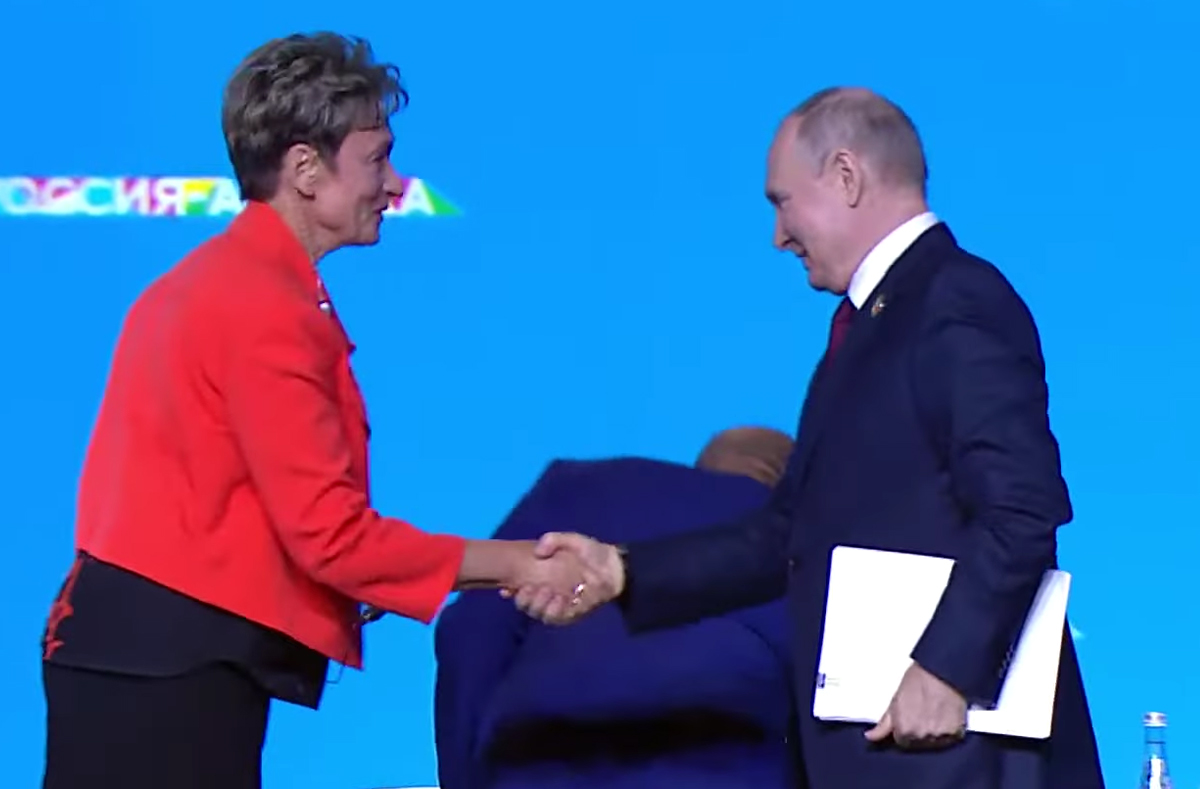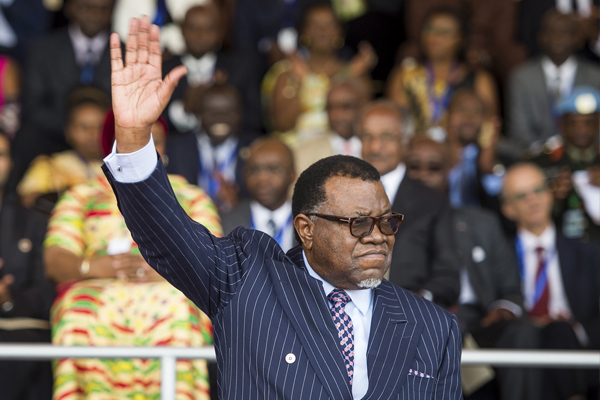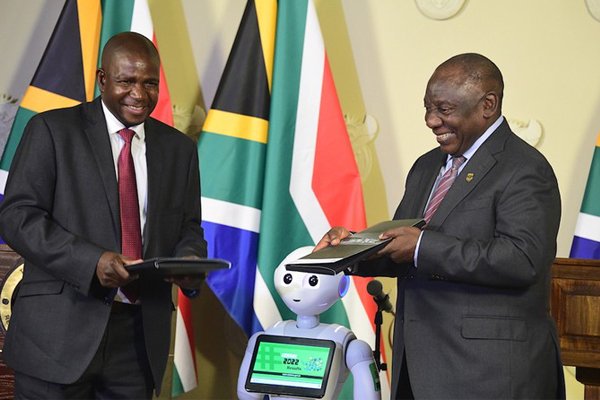TOPICAL COMMENTARY
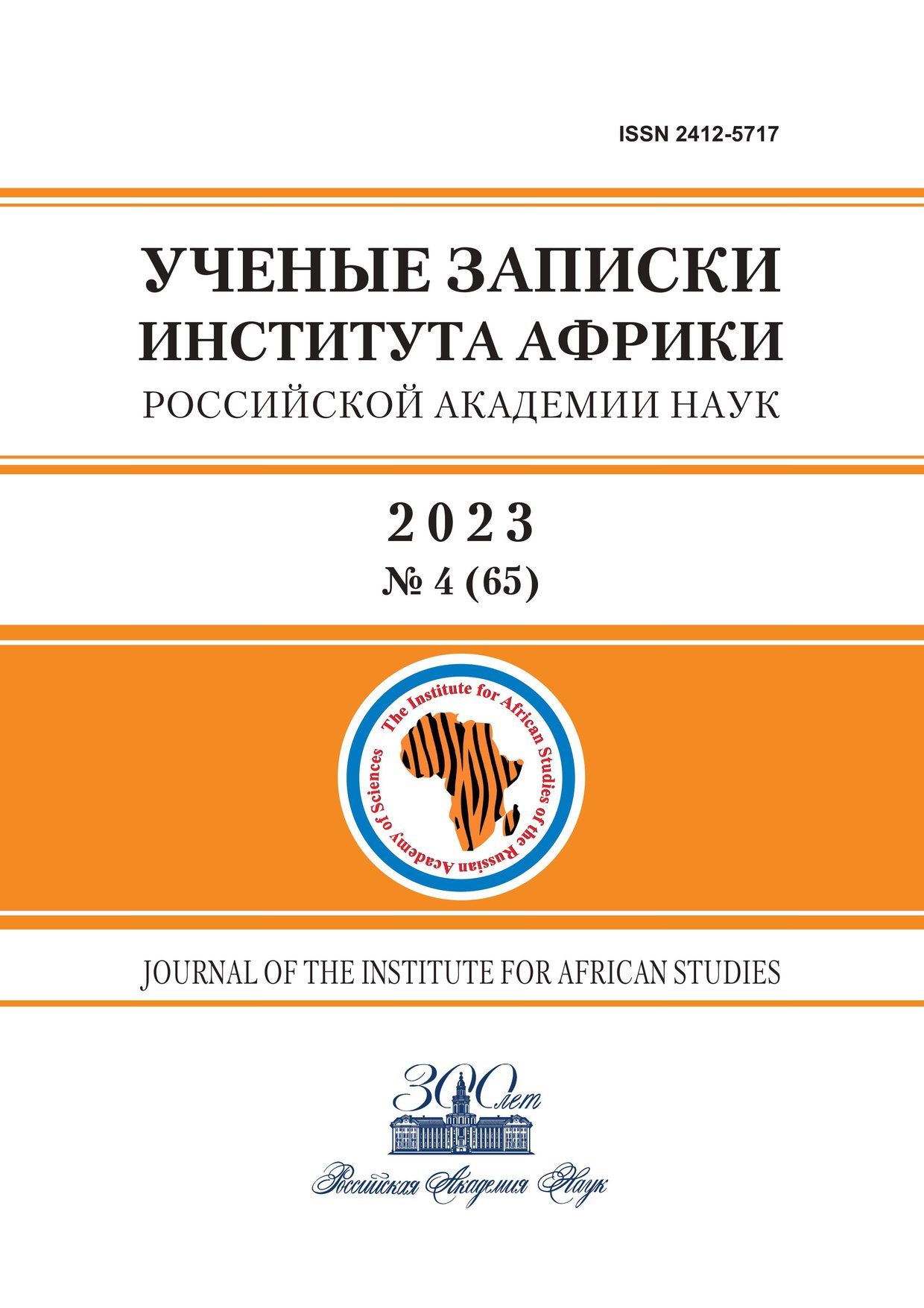 № 1 (66) 2024 |
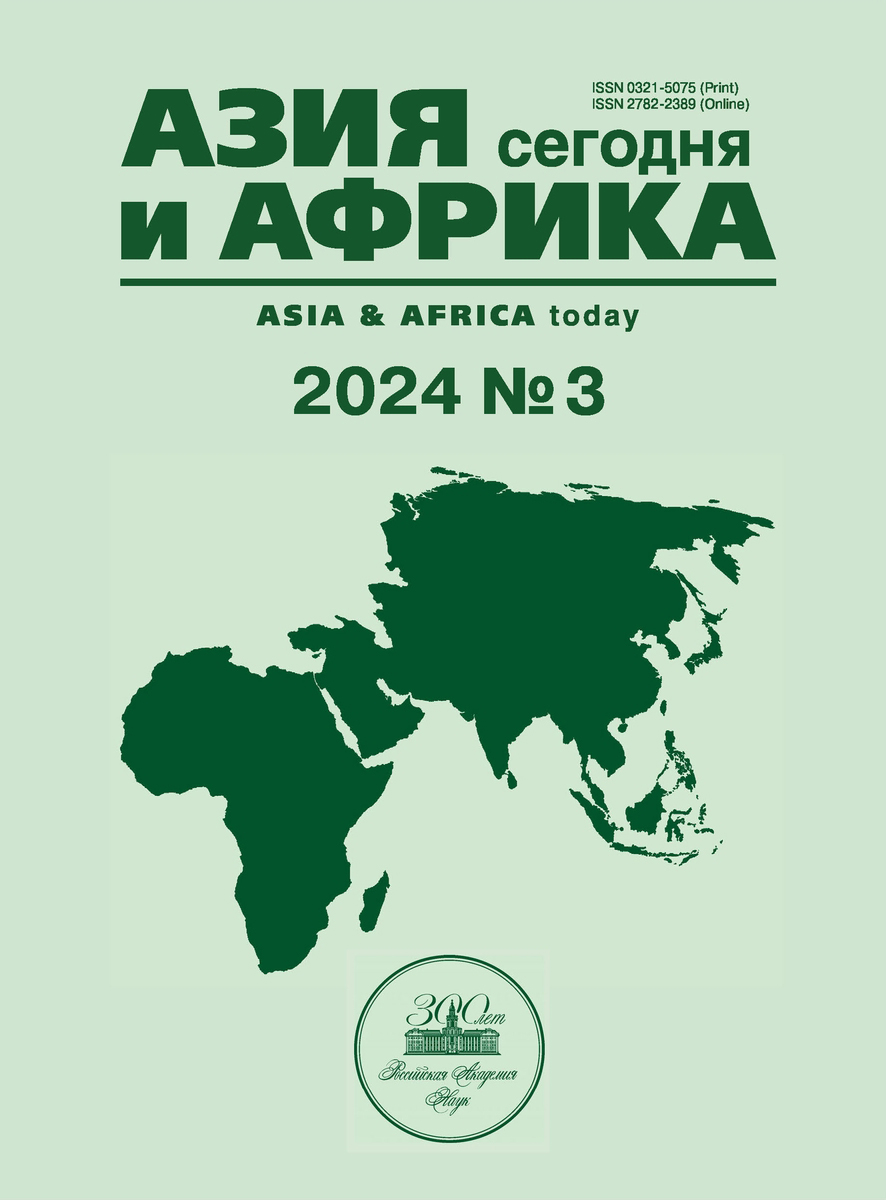 № 3 2024 |
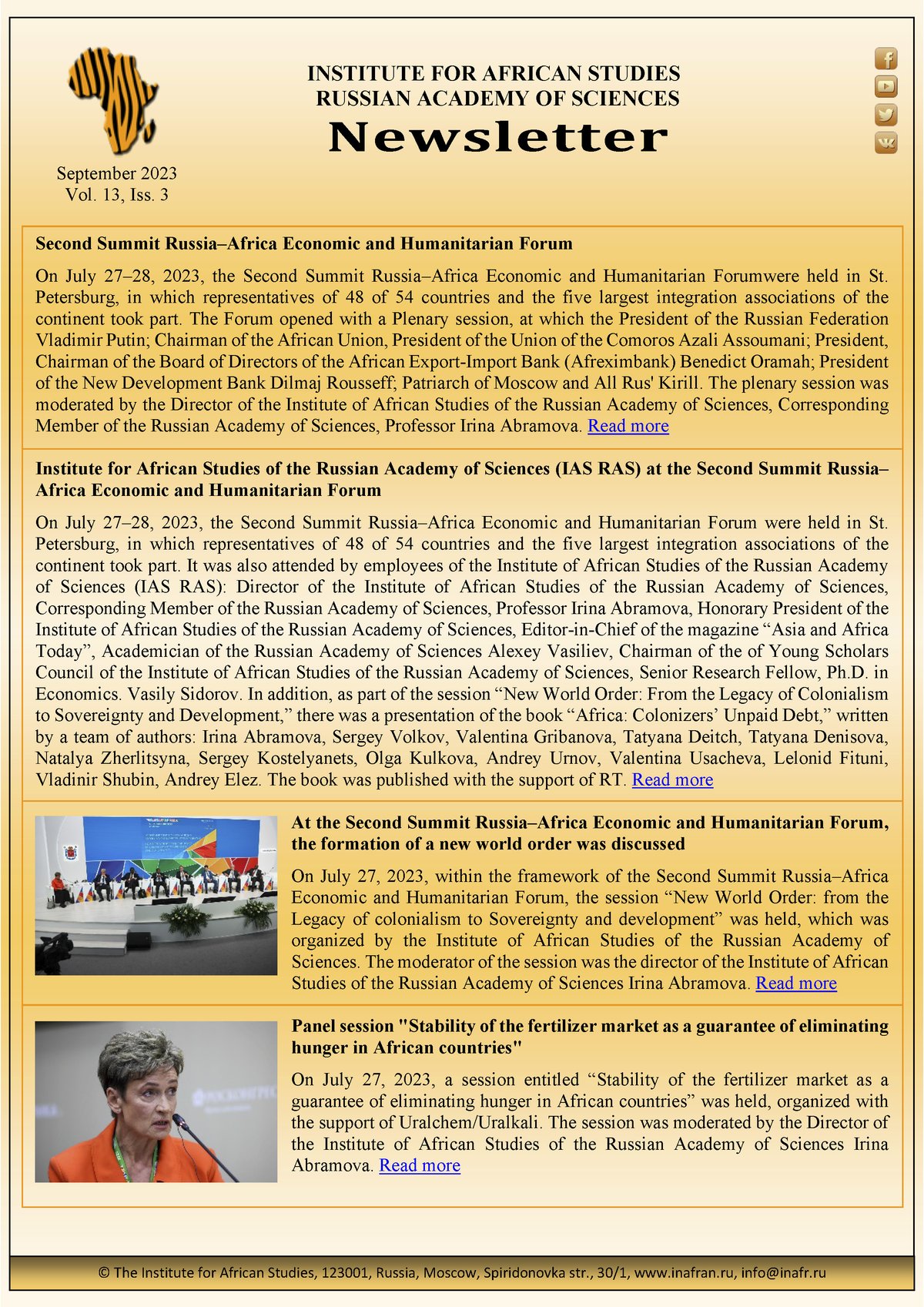 V-13. Is-3 2023 |
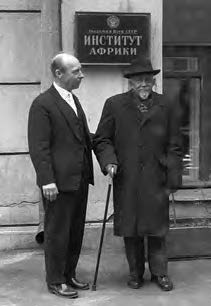
and distinguished African-American scholar W.E.B. Du Bois
The Institute for African Studies (IAS) of the Russian Academy of Sciences (RAS) is Russia's leading academic research centre for African Studies and is considered to be among the most distinguished world institutions in this field. The IAS was founded in October 1959, on the eve of the collapse of the colonial system. The transformation of the political map of the world resulting from the emergence of several dozen independent states and the associated fundamental shift in the international situation demanded a thorough and detailed analysis, the implementation of which was entrusted to the newly created IAS.
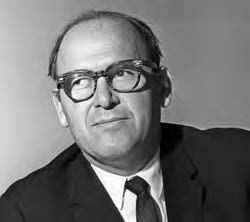
The founder and the first Director of the Institute was Ivan Potekhin, who was succeeded in this capacity by Corresponding Members of the RAS Vasiliy Solodovnikov and Anatoliy Gromyko and Academician of the RAS Alexei Vasiliev. Since 2016, the IAS has been directed by Corresponding Member of the RAS Irina Abramova. Among the Institute's 73 research fellows there are an academician and three corresponding members of the RAS, 18 Doctors of Sciences and 43 PhDs. The IAS comprises 9 research centres, as well as the Centre of Information and International Relations, the Doctoral Studies Department, and the Editing and Publishing Department.









